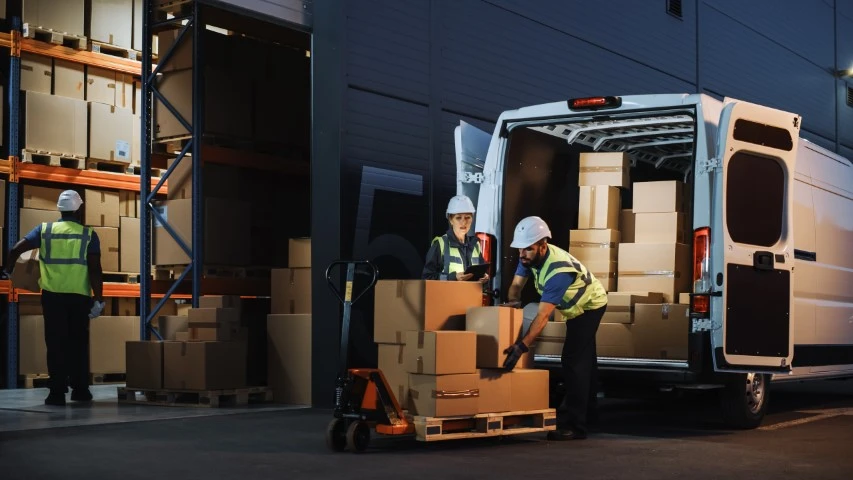Make Friends Before You Need Them: Why Local Resilience Networks Matter
Make Friends Before You Need Them: Why Local Resilience Networks Matter
Recent operational failures, such as the Iberian Peninsula power outage in April and the closure of London Heathrow airport due to an unexpected fire in March, have underscored the importance of robust local resilience networks. These networks act as both proactive and reactive resilience strategies: they can be used as a platform for professionals to brainstorm and plan for possible risks and threats, or as a communication medium to pacify public panic following operational failures and crises.
The recent launch of London Business Networks for Resilience aims to do just that. It brings together leaders from different operational domains to enhance resilience across the network. Key discussion topics at the launch event in May included the importance of:
- Understanding that risks and threats cannot be managed in silos.
As critical societal operations become increasingly centralized, their risks and threats also become interconnected. For example, during the recent Iberian Peninsula outage, a power grid frequency imbalance resulted in suspended metro lines, unlit traffic lights and no service on major mobile networks throughout the entire peninsula.
- Concerted efforts during a crisis.
Local resilience forums work with businesses, authorities and emergency services to spread awareness about the importance of working together during a crisis to alleviate its impacts. During the Liverpool football parade crash incident in May, for example, local businesses and coffee shops played a key role in taking care of victims to help them and keep roads open for emergency vehicles to pass.
- Timely and authoritative crisis communications.
Having a clear message drafted, checked and authorized prior to a crisis is critical to communicate effectively during it. Crisis communications are highly effective in containing public panic during a crisis, but the message may not be getting out – Resilience First finds that 64% of the population of London is unaware of their local resilience forum.
- Implementing recommendations from crisis exercises.
Whether it’s a software provider running an end-to-end cyber resilience test or a local café running a threat scenario exercise, the value of crisis exercises lies in implementing the learnings that come from them. Actioning reports and findings is key to maintaining business continuity, as well as gauging the effectiveness of training exercises.
As risks and threats become increasingly interconnected, collective action at all societal and business levels is key to overcoming a modern crisis. Local resilience forums are critical to educate communities on the support available to them during a crisis, helping organizations and individuals alike to become more resilient.





















-will-surpass-$1-billion-in-2030_1920x1080px.jpg?sfvrsn=d92f836e_2)